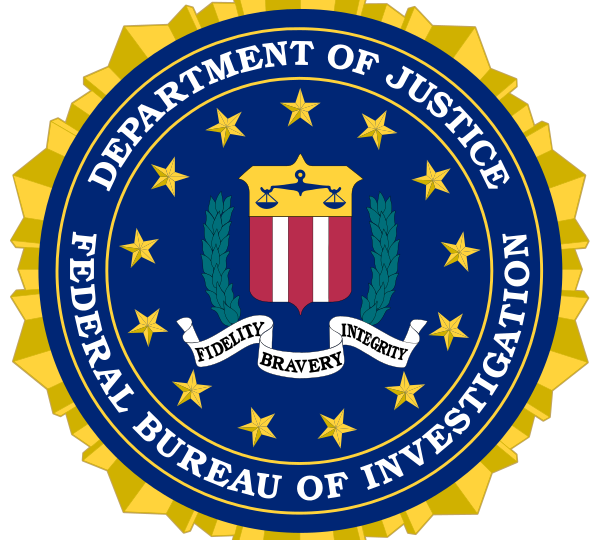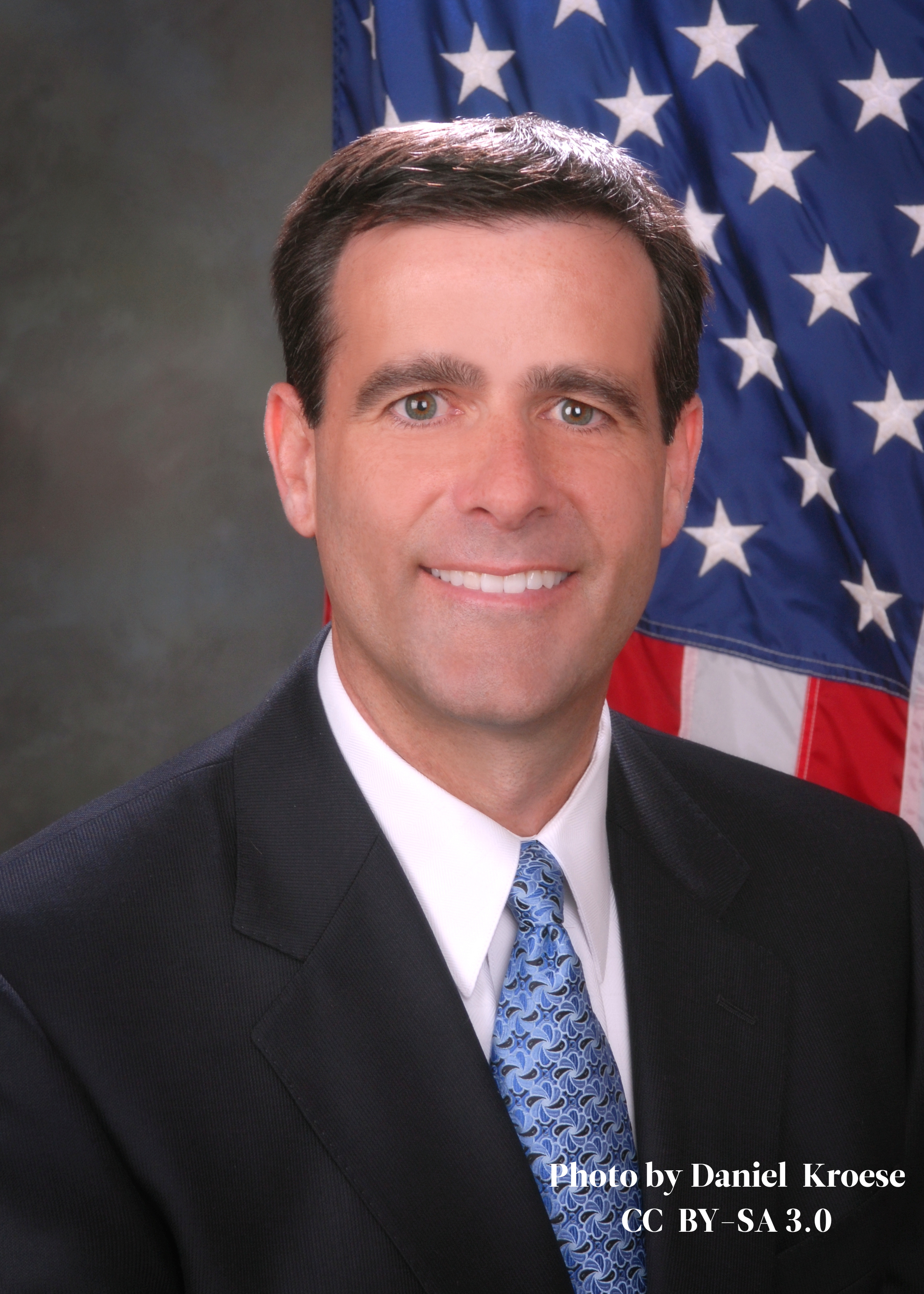
Foreign actors seek to influence the general election
With eight days until Election Day, U.S. intelligence officials say Iran and Russia have obtained U.S. voter information in an effort to interfere with the election.
Boulder, CO – Misinformation and disinformation may be the most popular words to describe the 2020 election season. And now a third-party has entered the “chat” – in this case, foreign actors.
On Oct. 21, U.S. intelligence officials claim Iran and Russia have obtained voter data registration and information in efforts to interfere with the election, successfully obtaining at least two servers. Specifically, Google revealed the hackers attempted to send 25,000 emails to Gmail accounts, but only 10% made it through the company’s spam filter.

“Whatever the hackers’ agenda is, or their desired outcome, it is working,” said Hank Graham, a political science senior at the University of Colorado Boulder. “[…] It is definitely to cause chaos and undermine the process as much as they can.”
Intelligence officials claim the intention is helping re-elect President Trump, as evidence shows Iran posed as the far-right group Proud Boys, sending intimidating emails stating, “You will vote for Trump on Election Day or we will come after you.”
“This data can be used by foreign actors to attempt to communicate false information to registered voters that they hope will cause confusion, sow chaos and undermine your confidence in American democracy,” said John Ratcliffe, the Director of National Intelligence.
Brendan Connell, a Ph.D. student in international relations and comparative politics at CU Boulder, believes the hackers may be successful if they can get the public to question the validity of the election.
“I don’t know if [the direct act of hacking] is going to sway the opinions of the voters,” said Connell. “I think the problem is getting people to second guess what is real and what is not real.”
With a rise in technological advancement and shift to remote platforms since the coronavirus pandemic, this rise is also fueling the spread of misinformation. And Colorado Secretary of State Jena Griswold has taken action to counteract this rise. After a lawsuit with USPS on incorrect information about mail-in ballots, Griswold has also launched a misinformation initiative, promoting cyber preparedness and combatting foreign adversaries’ influence. This initiative includes social media, digital outreach and a website containing examples of misinformation.
As of Oct. 18, Colorado has received 641, 271 ballots, and Griswold continues to urge Coloradans to cast their ballot, ensuring safety measures are in place.
“It is hard to imagine in an election that may have the highest turnout we have seen in more than 60 years that these outside influences might make a difference,” said Kenneth Bickers, chair and professor of political science at CU Boulder. Rather, he argues, the big danger is the extent to which our elections are modernized.
“To my mind, the best thing to do is radically increase the security of the system, but keep it extremely decentralized, maintaining state by state and county by county, […] so it becomes too much for any foreign actor to manipulate that system,” said Bickers.
According to Bickers, if voting became a unified national election system, then the centralization would be too simple to hack.
“The single best thing to do is provide counties and states with resources to protect their election systems,” said Bickers about the federal government’s role in protecting voter data and information in future elections.

